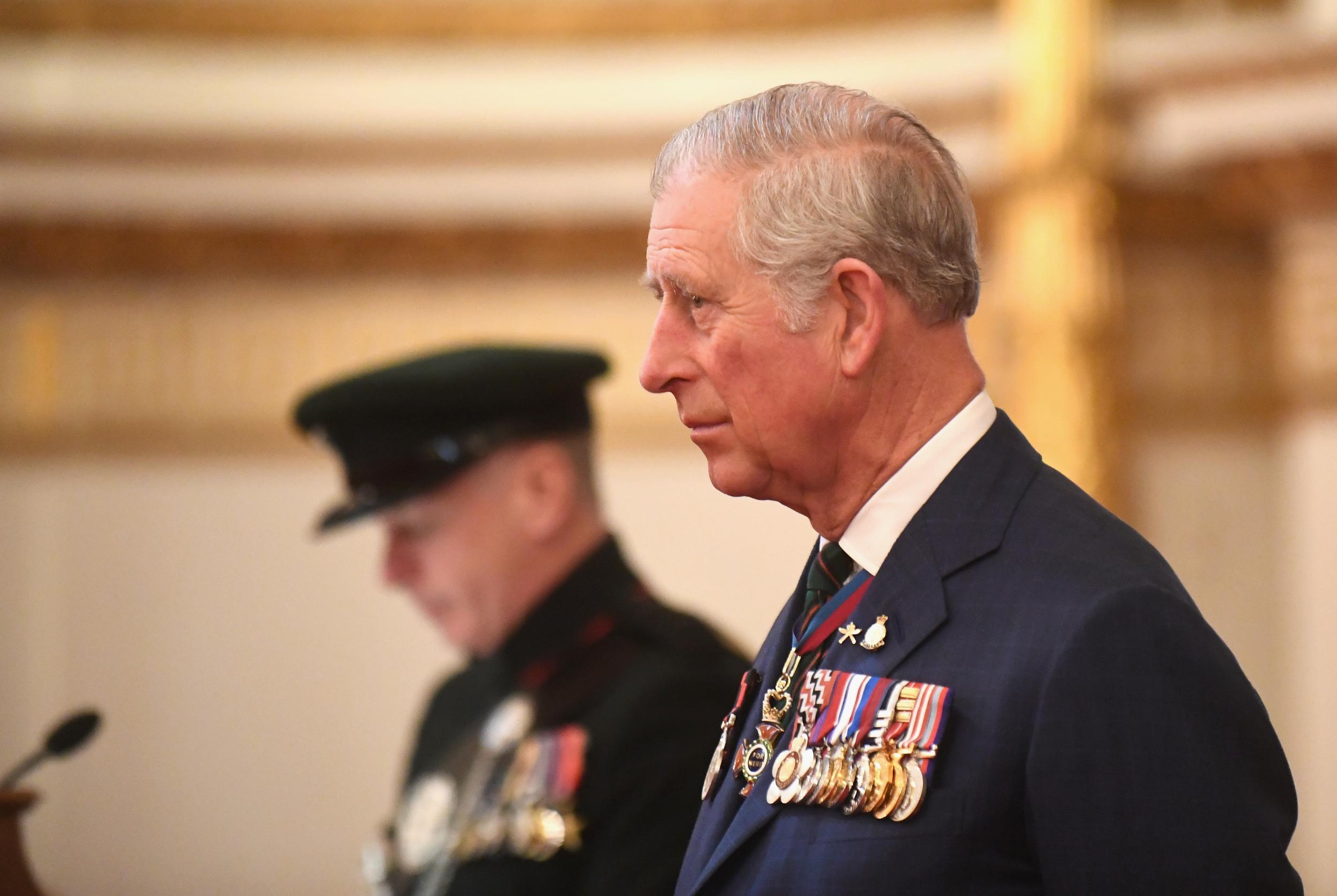Disgraced sex abuse bishop Peter Ball used links to Prince Charles to boost his position in cover-up, report finds
He hoped his relation with the royal family would enable him 'to receive sympathetic treatment'

Your support helps us to tell the story
From reproductive rights to climate change to Big Tech, The Independent is on the ground when the story is developing. Whether it's investigating the financials of Elon Musk's pro-Trump PAC or producing our latest documentary, 'The A Word', which shines a light on the American women fighting for reproductive rights, we know how important it is to parse out the facts from the messaging.
At such a critical moment in US history, we need reporters on the ground. Your donation allows us to keep sending journalists to speak to both sides of the story.
The Independent is trusted by Americans across the entire political spectrum. And unlike many other quality news outlets, we choose not to lock Americans out of our reporting and analysis with paywalls. We believe quality journalism should be available to everyone, paid for by those who can afford it.
Your support makes all the difference.Disgraced former bishop and convicted paedophile Peter Ball tried to used his “status of confidant” with Prince Charles to boost his position, a damming report has revealed.
A major independent review found the Church of England “concealed” evidence of child abuse against Ball for more than 20 years.
He was jailed for 32 months in October 2015 after admitting to a string of historical sex offences against teenage boys and young men between the 1970s and the 1990s.
The report, Abuse of Faith, found that Ball, then bishop of Gloucester, suggested “on many occasions” to the former Archbishop of Canterbury Lord George Carey and others that he “enjoys the status of confidant of the Prince of Wales”.
He "sought to exploit his contact with members of the royal family in order to bolster his position, particularly in the eyes of Lord Carey and others from whom he hoped to receive sympathetic treatment,” the report says.
The review into how the Church of England dealt with the case accused Lord Carey and other senior church figures of having “concealed” reports of Ball’s offences. It was revealed Lambeth Palace failed to pass on six letters of allegations of sex offences to the police.
Criticising Lord Carey’s response, the report said he “set the tone for the Church’s response to Ball’s crimes and gave the steer which allowed Ball's assertions that he was innocent to gain credence”.
The report found Ball made sure Lord Carey knew about his correspondence with Prince Charles and that he visited Highgrove House, the family residence of the Prince of Wales and Camilla, the Duchess of Cornwall in Gloucestershire.
Upon his retirement Ball, alongside with his twin brother Michael, who was also a bishop, rented a house from the Duchy of Cornwall.
But the review went on to say it “found no evidence that the Prince of Wales or any other member of the royal family sought to intervene at any point in order to protect or promote Ball”.
Following the publication of the report, Lord Carey said he accepted the criticisms and apologised to Ball’s victims saying he “gave them too little credence”.
The Archbishop of Canterbury Justin Welby, who described the report as “harrowing reading” and decried “inexcusable and shocking behaviour”, has asked Lord Carey to step down from his role as an honorary assistant bishop in Oxford following the report.
Rev Dr Steven Croft, Bishop of Oxford, has confirmed Lord Carey has "voluntarily agreed to step back from public ministry".
The report notes Ball’s links with high profile and influential figures were feared by members of the public as the way the Church and other public authorities responded in the face of sex abuse allegations against the former bishop.
Along with Lord Carey, Lord Donald Coggan, the former Archbishop of Canterbury in the late 1970s, a diocesan bishop, two MPs, two public school headmasters, one former headmaster, senior staff members from another public school and Lord Justice Lloyd were among the senior figures, who wrote supportive letters about Ball when he was under investigation in the early 1990s.
Ball was placed under police caution in 1993.
Yet, the report states there was “no doubt” Ball's supporters were “unaware” of the evidence leading to the caution in 1993 or they were “convinced by his protestations of being hard done by”.
It also found there is "no firm evidence that the support of prominent public figures materially affected the way that Ball's situation was handled by the Church".
Additional reporting by agencies
Subscribe to Independent Premium to bookmark this article
Want to bookmark your favourite articles and stories to read or reference later? Start your Independent Premium subscription today.